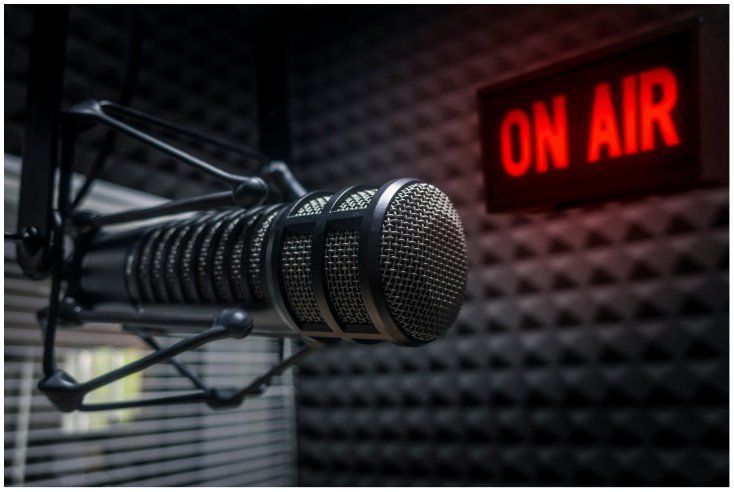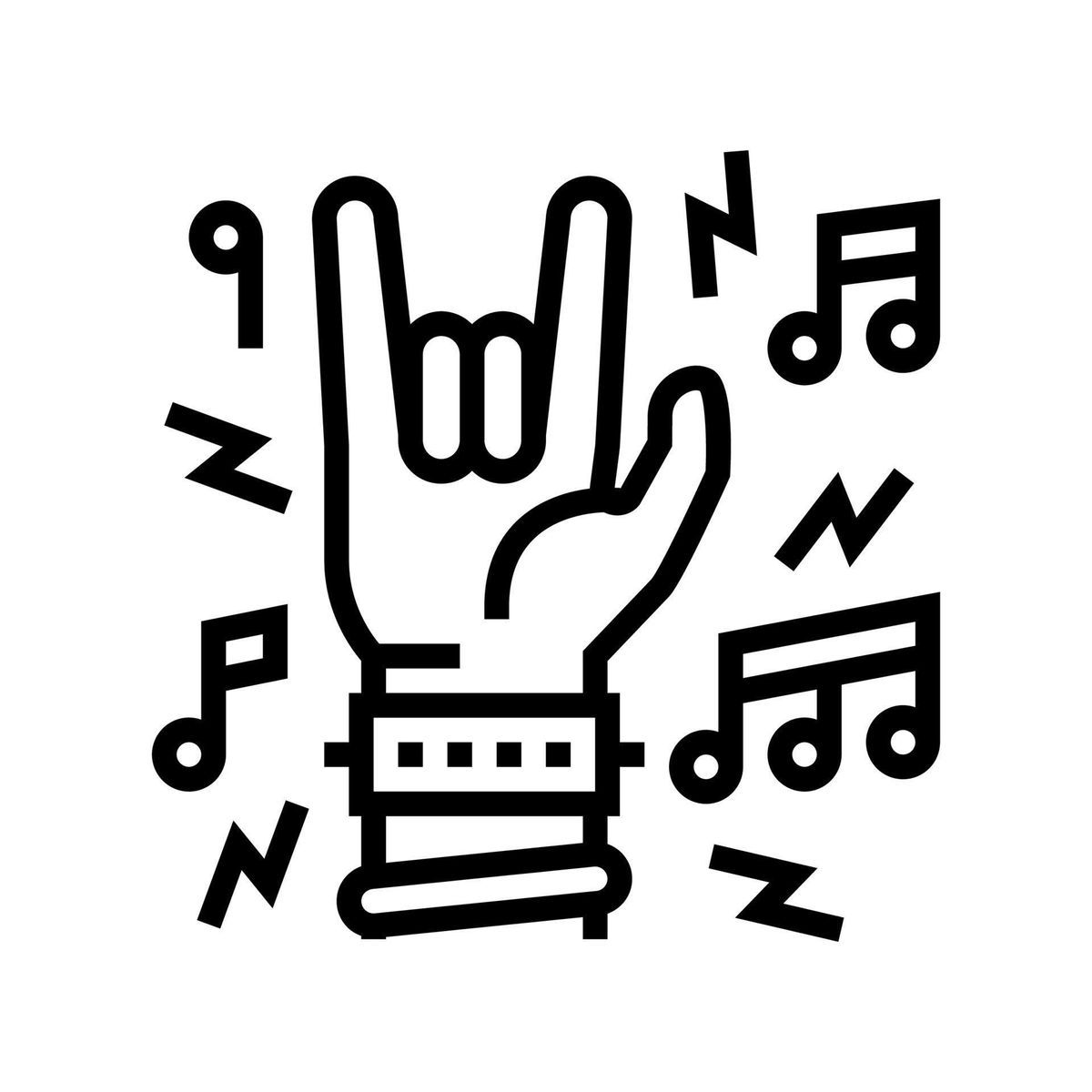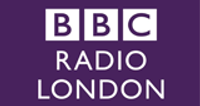How Much Traffic Consumes Internet Radio: A Comprehensive Guide
TLDR: Key Takeaways
- Internet radio's data consumption varies with bitrate, content type, and listener habits, offering a customizable listening experience.
- Compared to other forms of digital media, internet radio is a data-efficient way to access a wide range of audio content.
- By understanding factors affecting data usage and employing strategies to minimize consumption, users can enjoy their favorite stations without worrying about exceeding data limits.
In the digital era, internet radio stands out as a pivotal development in the way we consume audio content. It offers an unparalleled variety of music, news, talk shows, and more, accessible from anywhere in the world. However, as with any internet-based service, it consumes data, which can be a concern for those with limited data plans or without unlimited access. This comprehensive guide dives into the nuances of internet radio traffic consumption, shedding light on how much data it uses and offering strategies to optimize usage.
Understanding Internet Radio Streaming
Internet radio, unlike traditional FM/AM broadcasting, delivers audio content over the internet. This innovation has democratized radio broadcasting, allowing anyone from major networks to independent creators to reach a global audience. Streaming technology is the backbone of internet radio, enabling continuous audio playback without the need for downloading entire files beforehand.
Factors Influencing Internet Radio Traffic Consumption
Data consumption by internet radio is influenced by several factors, each playing a significant role in the overall usage:
- Audio Quality and Bitrates: The bitrate of a stream directly impacts its audio quality and data usage. Standard quality streams (64-128 kbps) consume less data, while high-quality streams (192-320 kbps) offer better audio fidelity at the cost of higher data usage.
- Live Streaming vs. On-Demand Content: Live streams maintain a constant connection to the server, which can slightly increase data usage. On-demand content, however, allows for more efficient data use, especially with features like content caching.
- User Behavior and Listening Habits: The amount of time spent listening to internet radio and the choice of content significantly affect data consumption. Frequent listeners or those who prefer high-bitrate streams will notice a higher data usage.
Estimating Internet Radio Traffic Consumption
Calculating the data consumption of internet radio is straightforward. For example, streaming at 128 kbps for one hour will use about 57.6 MB of data. This means that listening for multiple hours a day can quickly add up, especially for those on limited data plans.
Comparing Internet Radio with Other Digital Media
When compared to video streaming, internet radio is significantly more data-efficient. High-definition video streaming can use up to 3 GB per hour, while internet radio uses a fraction of that. However, compared to downloading music, where songs are stored locally after the initial download, internet radio's continuous data use can add up over time.
Internet Radio Traffic Consumption: Real-World Examples
Popular internet radio services like Spotify, Apple Music, and Pandora offer different streaming qualities, each affecting data usage. For instance, Spotify's high-quality setting (160 kbps) consumes more data than its normal quality (96 kbps). Users' experiences vary, with some reporting monthly data usage of over 2 GB from internet radio alone.
Optimizing Internet Radio Consumption for Users
Listeners can adopt several strategies to manage their data consumption effectively:
- Bitrate Selection: Many internet radio apps allow users to choose their streaming quality. Opting for a lower bitrate can significantly reduce data usage without drastically affecting audio quality.
- Offline Listening: Some services permit downloading content for offline playback, eliminating data usage while still providing access to favorite shows and playlists.
- Wi-Fi Use: Connecting to Wi-Fi when available can help avoid using cellular data, especially for heavy listeners or those streaming high-quality audio.
The Future of Internet Radio and Data Consumption
Technological advancements promise to make streaming more efficient. Improved compression algorithms could enable high-quality audio streams at lower bitrates, reducing data consumption. Furthermore, the expansion of 5G networks is expected to lessen concerns over data usage, thanks to faster speeds and potentially larger or unlimited data plans.
In-depth Analysis of Internet Radio's Impact on Data Plans
To further understand internet radio's data usage, it's important to consider the broader implications for listeners with different types of data plans:
- Limited Data Plans: For users with strict data caps, managing internet radio consumption is crucial. Employing the above strategies can help control usage, ensuring that listening habits don't lead to unexpected overage charges.
- Unlimited Data Plans: While those with unlimited plans may not worry about data caps, understanding consumption can still be beneficial, particularly in scenarios where providers throttle speeds after certain usage thresholds.
User Experiences with Internet Radio Data Consumption
Anecdotal evidence from users illustrates the variability in internet radio data usage. Some listeners report minimal impact on their data plans, thanks to careful bitrate management and frequent use of Wi-Fi. Others have experienced surprise at the amount of data consumed by their listening habits, especially when streaming high-quality audio without realizing the associated data cost.
Practical Tips for Managing Internet Radio Consumption
Beyond the strategies already mentioned, there are additional tips for optimizing internet radio usage:
- Monitoring Data Usage: Regularly check your device's data usage settings to see how much data your internet radio app is consuming. This can help you adjust your listening habits or settings accordingly.
- Data Saver Modes: Look for "data saver" or similar options in your streaming app's settings. These modes automatically reduce the bitrate to lower data usage.
- Selective Streaming: Be selective about when and where you stream. Consider downloading content when on Wi-Fi to listen to later, reducing the need for streaming over cellular data.
FAQ
How can I find out the bitrate of my favorite internet radio station? Many internet radio apps and services provide this information in their settings or support documentation.
Does using an external speaker or headphones affect data consumption? No, the choice of listening device does not impact data usage. Data consumption is determined by the streaming quality and duration, not by the output device.
Is there a significant difference in data usage between music and talk radio? Generally, talk radio can be streamed at a lower bitrate than music without a noticeable loss in quality, potentially reducing data usage.
Conclusion
The convenience and variety offered by internet radio come with considerations regarding data consumption. By understanding the factors that affect data usage and employing strategies to manage it, users can enjoy a wealth of audio content without worrying about exceeding their data limits. As streaming technology continues to evolve, it's likely that we'll see even more efficient ways to access our favorite music and shows, making internet radio an increasingly accessible option for everyone.








